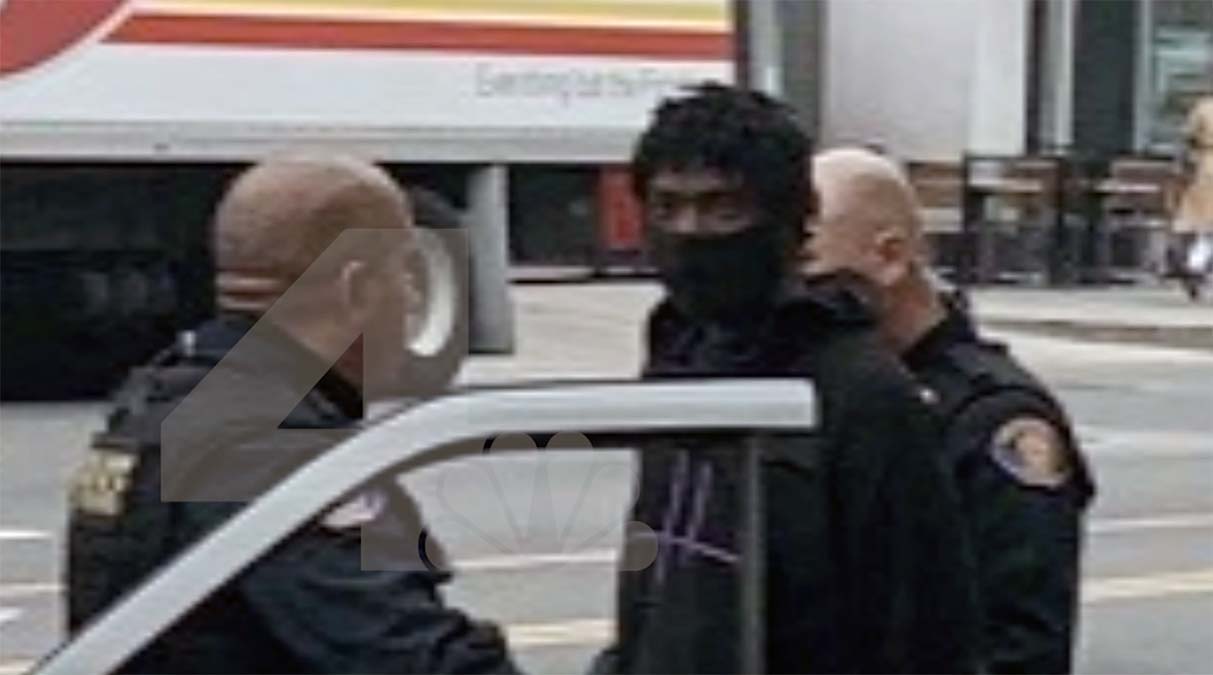Editors' note: The previous version noted the case has gone to a Los Angeles jury.
Jury deliberations will begin soon in the trial of a man accused of fatally stabbing a UCLA graduate student inside a Hancock Park furniture store in 2022.
Shawn Laval Smith is charged with murdering Brianna Kupfer after he allegedly stabbed her 46 times at the Croft House furniture store on La Brea Avenue near Beverly Boulevard.
During closing arguments Monday, the prosecution reiterated Smith’s hatred of women drove him to murder while the defense attorney claimed there was no premeditation.
Get top local stories in Southern California delivered to you every morning. Sign up for NBC LA's News Headlines newsletter.
“This man hates women,” prosecutor Habib Balian said Monday, describing how Smith visited women in several stores in Hancock Park before targeting Kupfer because she was alone. “It's easier probably to sleep at night to think something is wrong with him rather than face the truth that this man was on a crusade to hunt, to destroy and to kill for the mere fact that she was female.”
Balian also argued that Smith pretended to be a customer when he entered the furniture store, which showed premeditation.
“That’s how good he was at hiding his true intentions in plain sight,” the prosecutor claimed. “Even Brianna – as smart. intelligent and kind she was – had no idea of the exact terror he was about to reign upon her.”
The defense attorney for Smith implied race was a factor in this case by putting up Kupfer and Smith’s photos side by side, attempting to explain the media attention for the case.
“The thing we can’t talk about, the thing we consciously notice, is why it's attracted so many people,” Robert Haberer, Smith’s attorney, said.
The judge sustained the prosecution’s objective twice to the racial bias argument.
Smith’s attorney also claimed the killing was not premeditated.
While Smith had recorded himself saying he wanted to kill women a month before Kupfer’s death, his statements about women should not be considered motive, Haberer argued.
If convicted, Smith faces life in prison without the possibility of parole.



